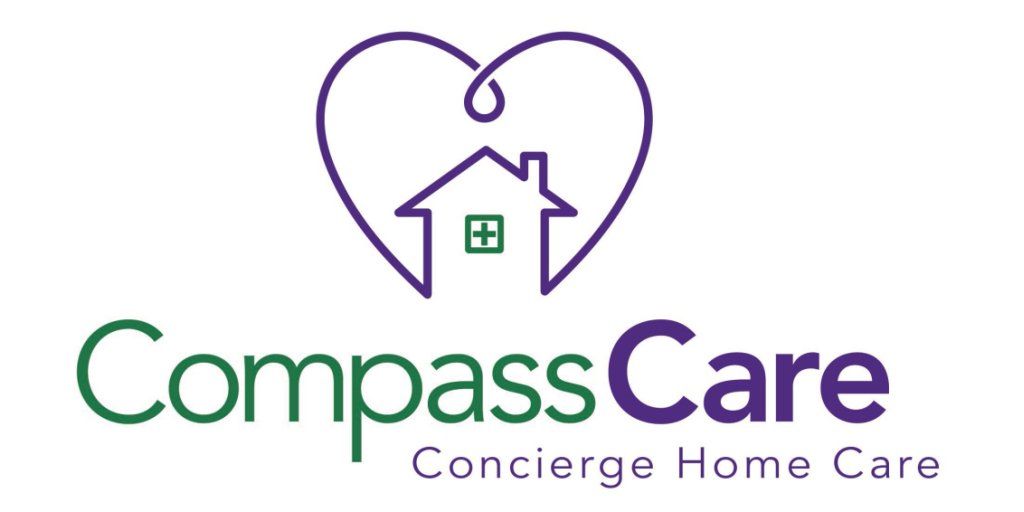Virtual Care Manager
CompassCare’s Virtual Care Manager enhances healthcare, providing insight and guidance and organizing caregiving for older adults. Our Virtual Care manager is a highly sophisticated assessment tool we have developed to enable families, healthcare professionals and other clinicians to swiftly evaluate an older adult’s functional status and overall well-being.
Our virtual care assessment was developed with renowned and highly experienced, practicing geriatricians and gerontologists and covers all key areas affecting the quality of life and independence for older adults: clinical, emotional, environmental, financial, and legal. A completed care assessment provides immediate insight as to the current functional status of the older adult and recommends specific, evidence-based interventions that are geared towards improving the quality of life, safety, and independence of the older adult such that they can continue to live at home (Age-in-Place).
LifeCo Score:
A virtual assessment score to monitor health and well being. A self assessment tool used to understand ones health with recommendations and interventions to extend the opportunity of life.
Virtual Care Assistant:
An assistant care manager helping you make decisions on course or direction of health practices to enhance your LifeCo score.
Virtual Care Vault:
Safeguard your health and life goals with our Virtual care vault. Upload wills, healthcare proxies and critical care information. Gain 24 hour access to healthcare information via our Virtual wristband protecting you 24/7.
Virtual Health Monitoring (coming soon)
Enhance your Virtual Care manager by enrolling in our Remote monitoring services. Add real-time monitoring to track progress and help improving your LifeCO score. Remote monitoring includes real time monitoring of:
Weight
Glucose
Body Temperature
Pulse
Oxygen
Blood Pressure
Step 1 – Complete Evaluation
Register for free and complete the assessment questionnaire by answering a series of questions relating to well-being, activity, and quality of life. Typically, this is done by a family member, relative or friend on behalf of the person being assessed but it can also be done by the older adult themselves.
Step 2 – Automated Report
Review the final care assessment report which includes Quality of Life scores – broken down into six categories, ranging from Physical Well-being to Activity & Purpose – as well as personalized suggestions for improving quality of life.
Step 3 – Track and Share
Adopt recommended evidenced-based interventions for improving scores and track changes over time. Share the results and changes with selected family members, clinicians, and caregivers.
